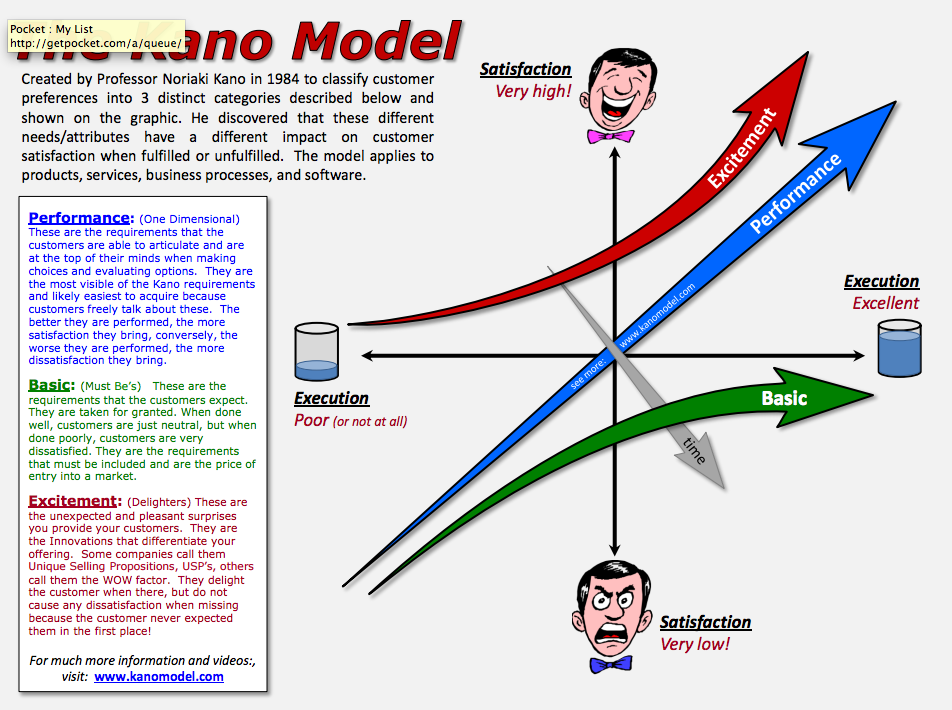fearsomepirate
Hero
Different price points.Of course they’re not. As an aggregate they might be a measure of popularity, but that’s an entirely different thing. Holiday Inn is not higher quality than the Ritz, and to suggest so would be absurd.
Different price points.Of course they’re not. As an aggregate they might be a measure of popularity, but that’s an entirely different thing. Holiday Inn is not higher quality than the Ritz, and to suggest so would be absurd.
None of that contradicts anything I said. Yes, "high quality" is relative, and new things can exceed old things. A high quality computer display from 1987 isn't much today.Sure, but that "high quality" is decided by preference for aspects of her work. There is no objectivity to that "high quality" standard. If in 100 years someone makes frames 10x better and you compare the two, the woman who you are using will be ranked at mid or low quality work. If quality were objective, that couldn't happen.
Quality is subjective. What you base that subjective opinion on can be objective.None of that contradicts anything I said. Yes, "high quality" is relative, and new things can exceed old things. A high quality computer display from 1987 isn't much today.
Yes, e.g., the horsepower and fuel efficiency of a motor can be measured objectively, but what impressed consumers 35 years ago is disappointing today. This is what the "time" arrow on the Kano model of quality is referring to. Over time, things that make something "high quality" become baseline expectations. ("Wow! This hotel room has hot water!" Big deal in 1910.)Quality is subjective. What you base that subjective opinion on can be objective.

In many cases we can only speculate why ancient artists created the rock and cave art that they did. The cultural meanings and reasons are lost to us.Presumably, cave painters painted paintings for others to look at for some reason or another, and could be considered bad at their craft if others felt they had failed in some purpose, whatever that was.
Something that is poor quality is something that isn't very good at doing whatever it is that it's supposed to do, and in the case of consumer products, it's to be used by the consumer for some purpose. So, who's the judge of whether or not a consumer product actually does what it's supposed to? If it's not the consumer, who is it?
When we're talking about the quality of a film, or a piece of rock art, or a novel, or a RPG, are we making an assessment of the utility of a consumer product?A high quality computer display from 1987 isn't much today.
Yes. And these are reinforcing over time.Isn't one of the issues with D&D 5e network effects?
There's a great deal of confusion between utility and quality in this thread.In many cases we can only speculate why ancient artists created the rock and cave art that they did. The cultural meanings and reasons are lost to us.
Does that mean we can't admire their beauty? That their destruction would not, or should not, matter to us?
When we're talking about the quality of a film, or a piece of rock art, or a novel, or a RPG, are we making an assessment of the utility of a consumer product?
Is utility the only metric for judging human creations?
This is not how I approach film, or literature, or RPGing. I'm not looking for something useful. Typically I'm looking for something that is moving - that evokes unexpected responses in me.
(Upthread I mentioned my tendency towards sentimentality. One way to think of sentimentality is as the creative coward's response to the threat of a truly unexpected response.)
Not really. You just keep putting that on us, like you did to me with the tire example that I really didn't care about utility wise.There's a great deal of confusion between utility and quality in this thread.
When we're talking about the quality of a film, or a piece of rock art, or a novel, or a RPG, are we making an assessment of the utility of a consumer product?
This is not how I approach film, or literature, or RPGing. I'm not looking for something useful. Typically I'm looking for something that is moving - that evokes unexpected responses in me.
